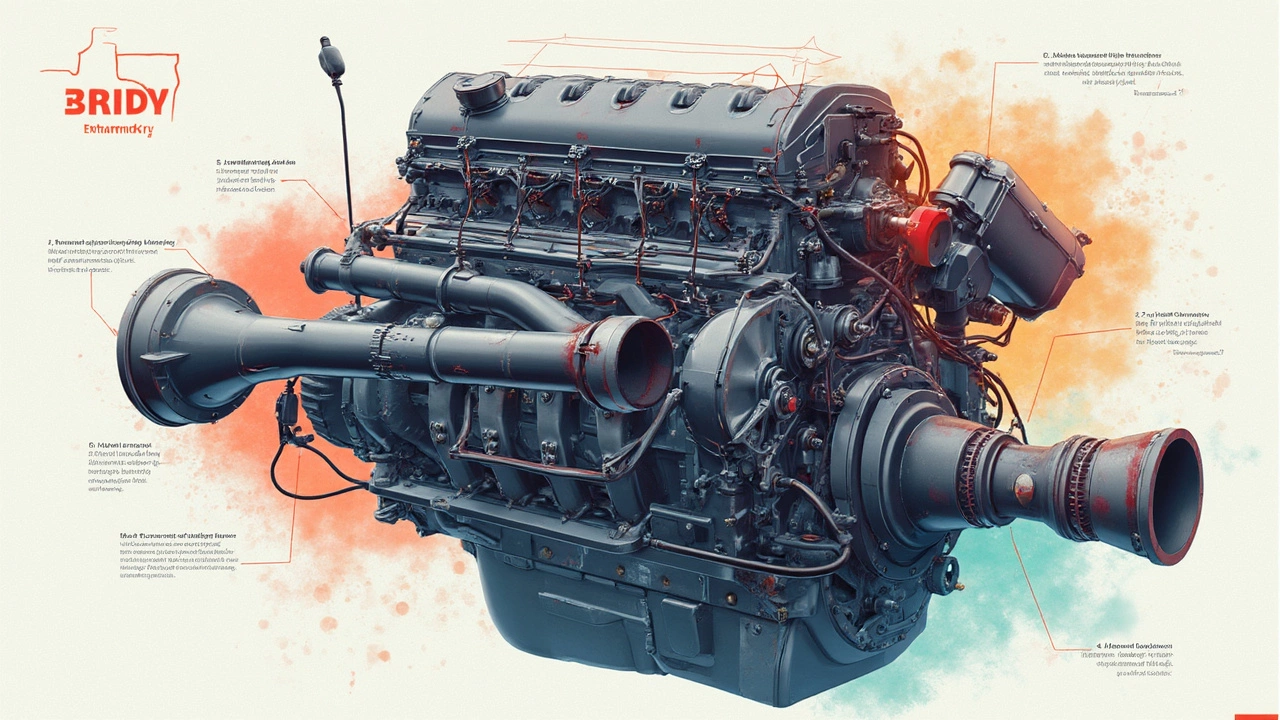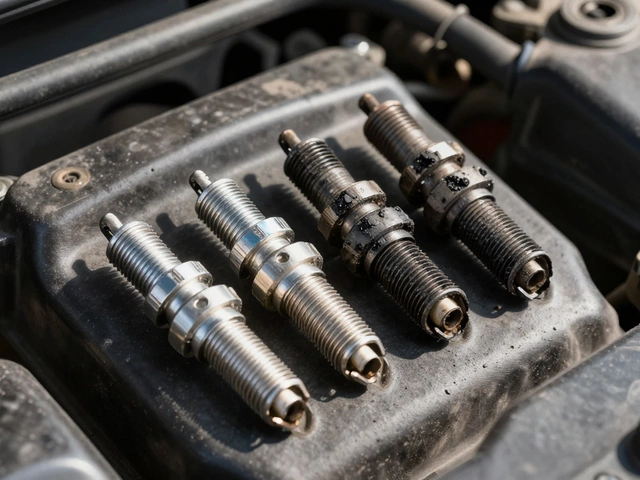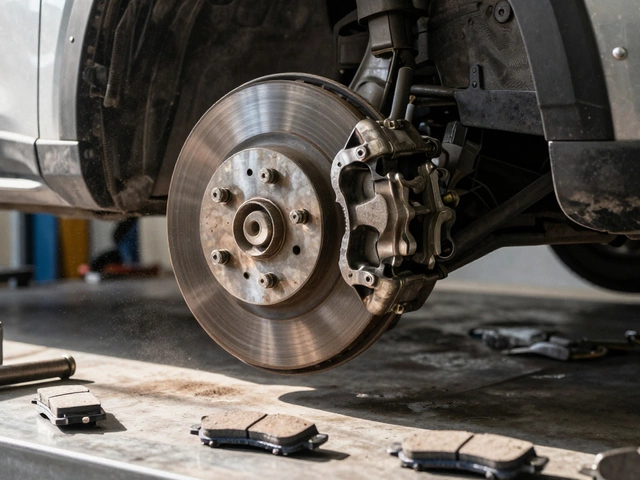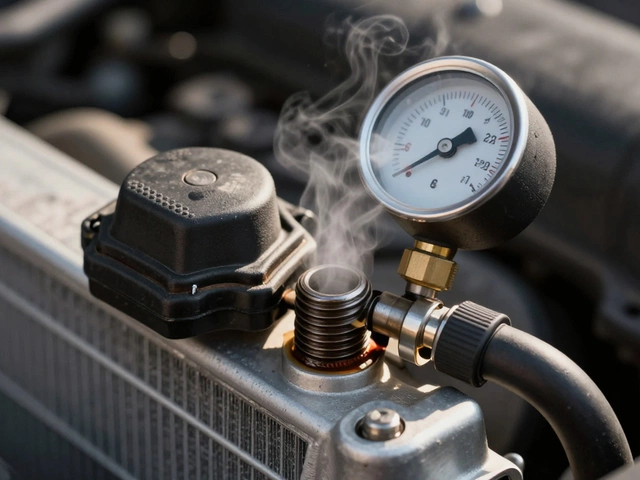Engine Tuning: Boost Power, Sound & Reliability
If you’ve ever wondered how to get a bit more zip out of your ride, you’re in the right spot. Engine tuning isn’t just for race shops – everyday drivers can make simple changes that add power, improve sound, and keep the engine healthy.
First off, think about the exhaust. A louder, freer‑flowing system can shave a few horsepower off the back of the engine and make the car sound way more exciting. Our post “How to Make Your Exhaust Louder Legally” walks you through cat‑back upgrades, active valve setups, and the dB limits you need to stay within to avoid tickets in 2025.
Quick Wins: Exhaust, Clutch & Battery
Beyond the exhaust, the clutch is another cheap way to feel a performance bump. Upgrading to a stronger clutch can tighten power delivery and help the car accelerate faster. Check out “Do Upgraded Clutches Really Make Cars Faster?” for real‑world data and what to look for when buying.
Don’t forget the battery. A solid, correctly sized battery supplies the spark needed for a healthy combustion process. In “How to Choose the Correct Battery for Your Car,” you’ll find a step‑by‑step guide to picking the right size, type, and brand for your engine’s needs.
Stay Safe: Maintenance & Cost Tips
All the mods in the world won’t help if you skip oil changes. Skipping oil changes lets sludge build up, which can cost you big repair bills. Our article “What Happens If You Don’t Change Engine Oil?” breaks down the stages of damage, warning signs, and how to fix the mess before it spreads.
Suspension may not feel like an engine thing, but a solid chassis lets the engine work efficiently. Reading “What Causes Suspension Failures?” gives you the signs to watch for and simple checks to keep your ride smooth.
Budget‑wise, many wonder if buying parts themselves saves money. The “Is It Cheaper to Buy Brake Pads Yourself?” post shows a side‑by‑side cost comparison that can be applied to other parts like exhaust mufflers or clutch kits.
Finally, remember that any modification can affect emissions and noise laws. The “Legal Exhaust Mods” guide helps you stay compliant while still getting the sound you love.
Engine tuning is a balance of performance, cost, and legality. Start with one easy upgrade – like an exhaust or a clutch – test the results, then move on to the next. Keep up with regular maintenance, watch for warning signs, and you’ll enjoy a stronger, more responsive car without breaking the bank.

What Size Exhaust Suits a 400 HP Engine?
Choosing the right exhaust size for a 400 horsepower engine isn't just about making your car sound cool—it's a crucial decision that impacts performance. The exhaust system plays a key role in optimizing engine efficiency, and there's more science to it than meets the eye. This article dives into how exhaust sizing affects various aspects of car performance like power output and fuel economy. We'll also tackle common misconceptions, provide practical tips for choosing the right size, and offer a peek into the world of car enthusiasts who swear by the perfect exhaust setup.
CONTINUE READING








